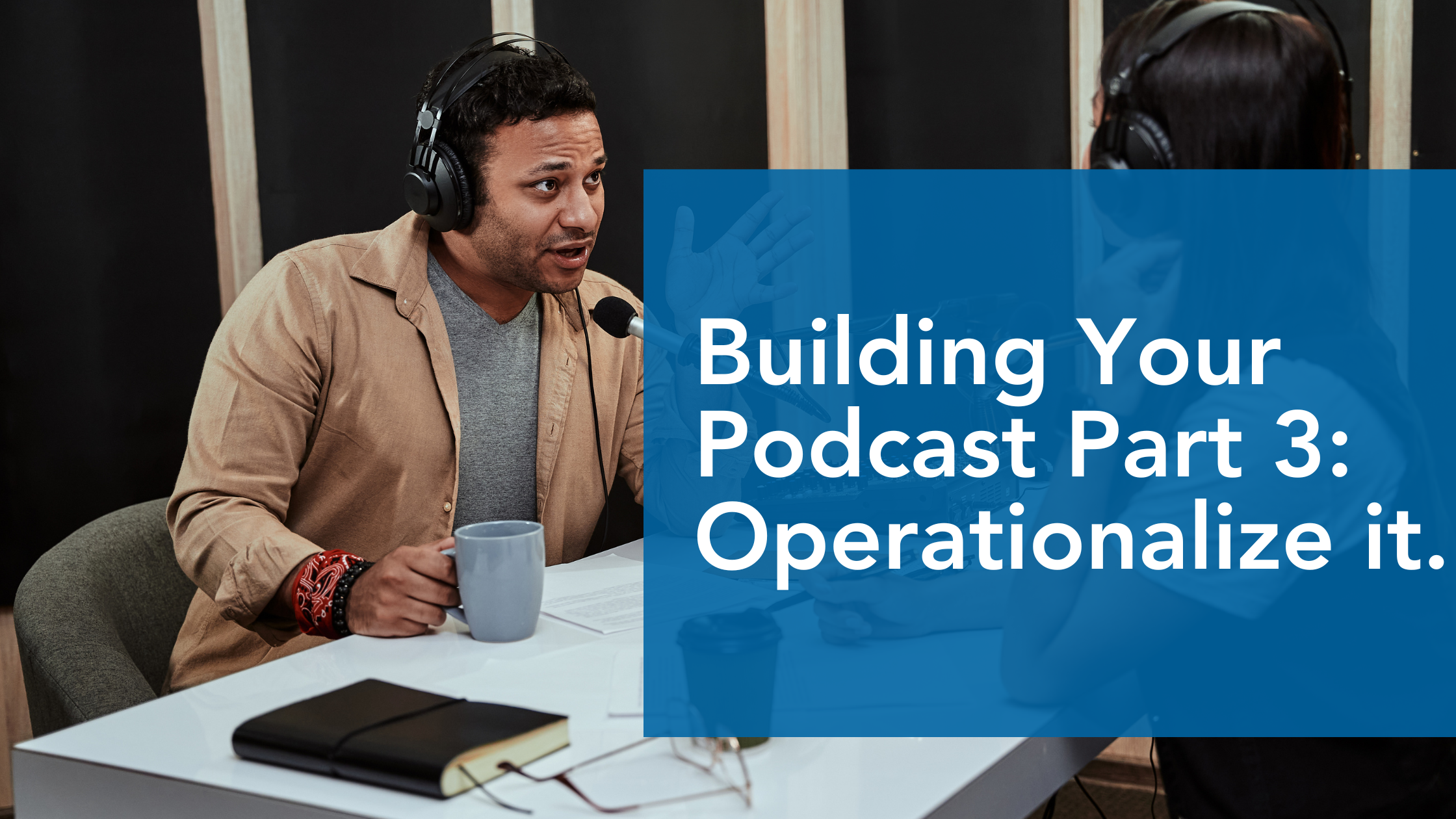The main reason most podcasts fail is that there are no systems and processes in place. It’s a chaotic mess that takes too much time to produce and loses its shine early on. More than 90% of podcasts don’t make it past episode 3.
Start with structure in the beginning. As you build your show, build it for growth by considering the journey for guests, listeners, and yourself.
Let’s look at a couple of examples where you’ll benefit from an operationally focused mindset.
Booking guests for your show can be a lot of work. Identifying, pitching, scheduling, recording, asset collection, follow up. There are a lot of steps that need to be sorted out before you get to final episode.
Start with templates and automation. Create your outreach template for asking people to be on your podcast. This should be relatively straightforward. “Hi, I’m Matt, the host of X Podcast, a podcast that does Y for Z audience. I read your book on X and think you’d make a great guest on our podcast. Our listeners would get Y value from your insights. I’d love to setup a quick call to discuss the opportunity. Please use my calendar link to book a time that works for you.”
One of the great time savers here is the scheduling link. It makes it easy for your prospect to book a convenient time, and it takes out all that annoying back and forth trying to find times that work.
Set yourself up with a 3-message sequence for your pitch targets and use your favorite CRM to make things easy. No CRM? No problem. Use your calendar to set to-dos and reminders for you.
Once you get a yes, you should be leveraging automation there as well to schedule prep calls, recording dates, reminders about asset collection, etc.
Recording, for example, should be an automatic sequence of emails with instructions to help provide any key technical instructions and reminders. Send reminders for your guest the day before recording as well as an hour before the recording time. This can be the difference between someone making it to the show and needing to reschedule.
Once you’ve recorded your episode, you’ll have a lot to do. The episode needs edited, and it needs distributed. All of that requires a tremendous number of outputs.
However, there are some great tools to help with that creation. My friend Kurt Schmidt introduced me to Cast Magic and it was a game changer. It leverages ai to help create many of the outputs you need to distribute your podcast.
Is it perfect? No. But it gets you down the path a lot faster than creating it all from scratch.
Don’t forget to follow up with your guests post-show. Always send a thank you and let them know in advance when their episode will drop. That way, they’ll act as a voice for sharing your content as well and promote it among their networks. Here, I advise a mix of automation and authenticity. You can have an automatic message that goes, but if you can muster it, a handwritten thank you note will leave a lasting impression.
There are so many opportunities for systems and process within a podcast. These are just a few ways to help you get started on your journey. Interested in someone to help you work through the details? Happy to connect anytime.

